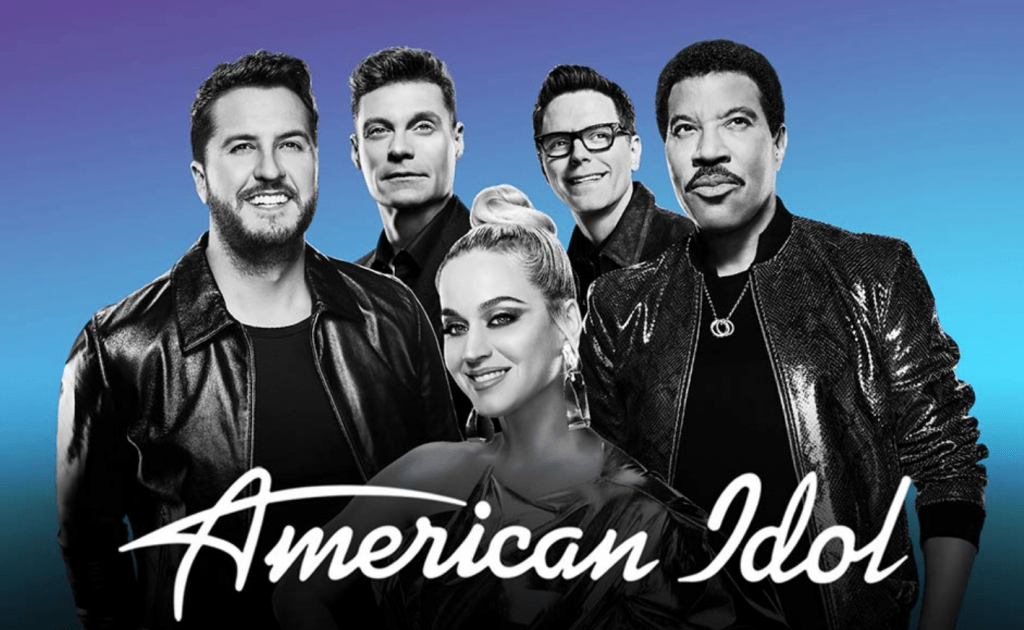The Oscar-winning screenplay “Almost Famous,” about the maturation of a young rock journalist in the 1970s, finds a largely intact home in Broadway’s most uninspired stage adaptation of a motion picture.
For fans of the 2000 semi-autobiographical film, this rendition offers a nearly accurate recreation of the original (through a book written by Crowe), together with an extensive set list of music from the period and some new songs (by Tom Kitt and Crowe).
Although it’s all amusing enough and undoubtedly appealing to the nostalgic baby-boomer-plus demographic, the transition to the stage is nothing special. No, not even close. Even for fans who are content with a by-the-numbers live version, there are still joys to be had for those who missed this underappreciated film “Almost Famous,”.
In the end, Crowe has created a superbly observed tale with vivid yet subtle characters, real-world details, and both pointed and low-hanging comedy. One record business boss says, “If you believe Mick Jagger will still be out there trying to be a rock star at age 50, you’re tragically, sadly incorrect.”
You May Also Interest Below In The Link
- David Zaslav is Willing to Work With J.K. Rowling on New’ Harry Potter’ Content
- The Weird Al Movie Dares To Be Stupid Is A Biopic
Everything took place during a transition period when the rebellious music and free-spirited individuals of the 1960s were reined in, branded, and repurposed for a ruthless commercial industry. This idea of lost innocence is one that Crowe deftly ties into the journeys of his key characters as well, especially William Miller, Crowe’s stand-in and a sort of rock-and-roll Pippin played by the charming Casey Likes.
Enduring love for Cameron Crowe’s best and most personal film, plus my own vivid childhood memories of ’70s rock, made me inclined to forgive some of the weaknesses of ALMOST FAMOUS as a Broadway musical. My @THR review of the show, opening tonighthttps://t.co/3tCK8sorYj
— David Rooney (@DavidCRooney1) November 4, 2022
William, 15, is drawn to the records that his older sister Anita (Emily Schultheis) sends him and is motivated to become a rocking author. He initially lands a job with Creem magazine and then lands a job at Rolling Stone, which enables him to board the tour bus of the average rock band Stillwater and experience the adventure of a lifetime.
William’s mentor, rock critic Lester Bangs (well portrayed with both jaded cynicism and wild admiration by Rob Colletti), is just a phone call away during the nomadic voyage and counsels the young man against developing friends with the performers he covers. Bangs warns the boy to be “honest and harsh,” saying, “They make you feel cool, but you are not cool.”
But Penny Lane (Solea Pfeiffer), the band’s charismatic lead guitarist Russell Hammond (Chris Wood), and an all-access pass quickly have William falling under their spell. William is also soon seduced by an all-access key.
The heart and soul of the movie, and similarly here, is William’s enchantment with the free, communal, sensual, and sexist world of rock and roll—and all the joys, experiences, and aches that come with it. But the dramatic beat continues in the ongoing struggle between freedom and responsibility, home and music, and dreams and reality.
Led Zeppelin is king, Richard Nixon is President, and idealistic 15-year-old William Miller is an aspiring music journalist. @AlmostFamousBwy is a hilarious and heartfelt celebration of community, family, fandom, and the power of music. Happy #Broadway opening!
📷: Matt Murphy pic.twitter.com/LvL3UQihCO
— The Tony Awards (@TheTonyAwards) November 3, 2022
The personal moments in the musical, such as William’s eerie “No Friends,” Penny’s melancholy “Morocco,” and Penny and Russell’s duet “The Nighttime Sky’s Got Nothing on You,” all hit poignant notes of loneliness, longing, and love, are when the musical succeeds the most. Anika Larsen plays William’s strict but loving mother, Elaine, in Kitt and Crowe’s musical compositions.
Elaine is a schoolteacher who worries from home. She hears variants of the famous monologues from the movie here: One is a presentation to her class in which she famously claims, “Rock stars have stolen my son,” and another is a phone call to Russell in which she instils him with parental dread. Larsen expertly executes both scenes, adding the perfect amount of humorous gravity and compassion.
But these clever, original tunes only provide a partial picture. What this music represents to these characters is never expressed in a way only musical theatre can. Instead, at pivotal dramatic times, we hear covers of the era’s top songs, like Yusef Islam (a.k.a. Cat Stevens’s “The ) ‘s Wind,” Joni Mitchell’s “River,” and Elton John’s “Tiny Dancer” as sort of carpool karaoke.
I don’t think I still have the notebook with the “Born to Run” musical I “wrote” when I was 12, but happy to help Tom Kitt out if he needs it. https://t.co/TjbjNFMCyh
— Lisa Tozzi (@lisatozzi) November 1, 2022
But even at these brief intervals, the musical switches to songs by Nancy Wilson, Ron Davies, Stevie Wonder, Greg Allman, Jimmy Page, and Robert Point in place of its compositions. Being so understated as Russell, Wood plays the Jackson Browne vibe to the point of failing. Pfeifer is excellent in the role of Penny Lane and handles both her harsh landing back into the real world and the rarefied air of rock nirvana gracefully.
Drew Gehling plays lead vocalist Jeff Bebe with a cartoonish interpretation that garners chuckles but dehumanizes the character. Making an impressive start, Likes maintains the show’s overall likeability and stays true to his character.
Professional choreography by Sarah O’Gleby and bustling, walk-about movement are part of the staging by Jeremy Herrin (“Wolf Hall”). The sets by Derek McLane are lovely and practical, appearing ready for a tour, while David Zinn has fun with the historical attire.
“…despite the intelligence of the 2000 movie on which it’s based, and the track record of its creators, the stage musical misses every opportunity to be the sharp, smart entertainment it might have been.” – New York Times https://t.co/x4pjyE9DmU
— Oliver Oliveros (@OliverOliveros) November 4, 2022
The world of Stillwater sounds authentic thanks to Kitt’s arrangements and orchestrations, Bryan Perri’s music direction, and Peter Hylenski’s sound design. However, other unrealized theatrical possibilities may have further enhanced this stage adaptation, particularly in the reworking of its female characters.
The fact that the show doesn’t give the other groupies more than generic personalities, transform Penny from a masculine muse into a fully formed person, or establish a musical bond between William and his sister all feel like missed possibilities. The play also lacks regard for the fact that musical theatre is both an art form and not merely a consumer good, something Lester Bangs could identify with.




